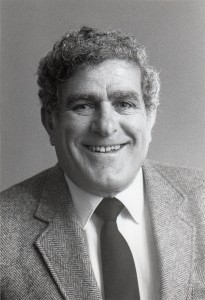A Public Forum for Envisioning the Future of Biomedical Research, and Innovative Models for Healthcare Education and Delivery
 Each year, the Joseph V. Scaletti Catalyst Lecture features an individual, institution, or idea responsible for accelerating the rate of positive change and forward progress in the areas of biomedical research, healthcare education, or healthcare delivery.
Each year, the Joseph V. Scaletti Catalyst Lecture features an individual, institution, or idea responsible for accelerating the rate of positive change and forward progress in the areas of biomedical research, healthcare education, or healthcare delivery.
Hosted by the UNM HSC Clinical & Translational Science Center (CTSC), these lectures are presented in honor of Dr Joseph V. Scaletti, PhD, one of the founders of the University of New Mexico School of Medicine; UNM’s first Vice President for Research; creator of the Allied Health Sciences program; organizer of the first Rural Health Interdisciplinary Program; chair of the first legislative committee on distance education and telehealth; co-founder of Project ECHO; educator, mentor, and researcher.
Dr Scaletti’s talent for bringing together individuals and institutions and inspiring new initiatives and collaborations prompted some of his colleagues to describe him as a catalyst (to which he would reply with a smile, “I prefer to think of myself as an enzyme.â€)
Dr Scaletti dedicated his 50+ year career to basic biomedical research and to envisioning and implementing innovative models for university-community collaboration and the education of healthcare professionals who would serve in and care for the residents of New Mexico. His work exemplifies the combined values of basic scientific research, human compassion, life-long learning, and service to the community. In the words of his colleague and self-professed “product of Joe Scaletti’s mentoringâ€, L. Clark Hansbarger, MD:
Joe Scaletti was one of those very rare individuals who had a proactive approach to every element of health education resulting in a constant dedication to a vision for the future. Whether it was a test tube, a computer, a curriculum or facility, he had a vision for its application tomorrow and set to work to do it today. And although he had amazing instincts, it was his dedication to data, organizational planning, mentoring and sharing of information that made him a successful “futuristâ€.
Goals:
To provide a forum for School of Medicine faculty, students, administrators, community members, and invited speakers to envision the future, to engage in discussions, to question the status quo, and to create new initiatives for solving the most pressing challenges in biomedical research, healthcare and healthcare education;
To assist the School of Medicine in inviting dynamic, challenging, enthusiastic individuals to the campus who may act as a spark or impetus to trigger new ideas and inspire further ongoing interactions and collaboration;
To ensure that, even in difficult economic times, the faculty and students of the School of Medicine will always have an opportunity to reflect on the larger issues, to think creatively about the future, to refresh their spirits and renew their idealism;
To further increase the visibility of the School of Medicine in the community at large (both in New Mexico and beyond), to further encourage community confidence and enthusiasm for the School of Medicine and its teaching hospital as a center where gifted expert healthcare professionals are inventing the future of medicine;
To honor the memory and ideas of Joseph V. Scaletti and to promote the values that he worked to advance throughout his life.
Selection
Each year, the School of Medicine at the University of New Mexico invites a lecturer at the forefront of biomedical research and/or alternative approaches to education in the health sciences (where ‘education’ is defined as a lifelong pursuit, including but not limited to the years of formal education at the university or professional school) or health care delivery.
The approach could include innovative training or curricula; it could also include new models for post-graduate continuing education or more efficient models for healthcare delivery, such as the ECHO model. Or it could introduce a new result from basic biomedical research or a new technological breakthrough that has the potential to completely change the way healthcare is delivered in the future. It should be an approach that challenges the status quo but which is already producing promising results supported by measurable outcomes.
The goal is to, once a year, bring in a speaker who has ideas that, even if not universally accepted, will stimulate discussions and encourage students, faculty and administrators to brainstorm about alternative solutions to the most pressing problems of the time.
The visiting lecturer will present a free, open to the public, lecture on the Health Sciences Campus with community participation and visitors from other New Mexico communities and campuses strongly encouraged.
Each year the lecture will include a brief introduction describing Joseph Scaletti’s career-long ideals and the goals for these lectures.
The visitor is also invited to interact with smaller groups of UNM School of Medicine students, administrators, visitors from other campuses and health facilities, and faculty (possibilities include research seminar, grand rounds, one-on-one meetings with students or student groups, assisting clinical faculty, meeting with administrators.
The Lectures:
Contribute to the lecture fund
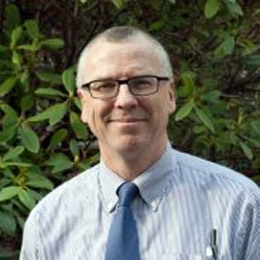 Everyone knows that air pollution affects the lungs. But how much do you know about the impact it has on the cardiovascular system?
Everyone knows that air pollution affects the lungs. But how much do you know about the impact it has on the cardiovascular system?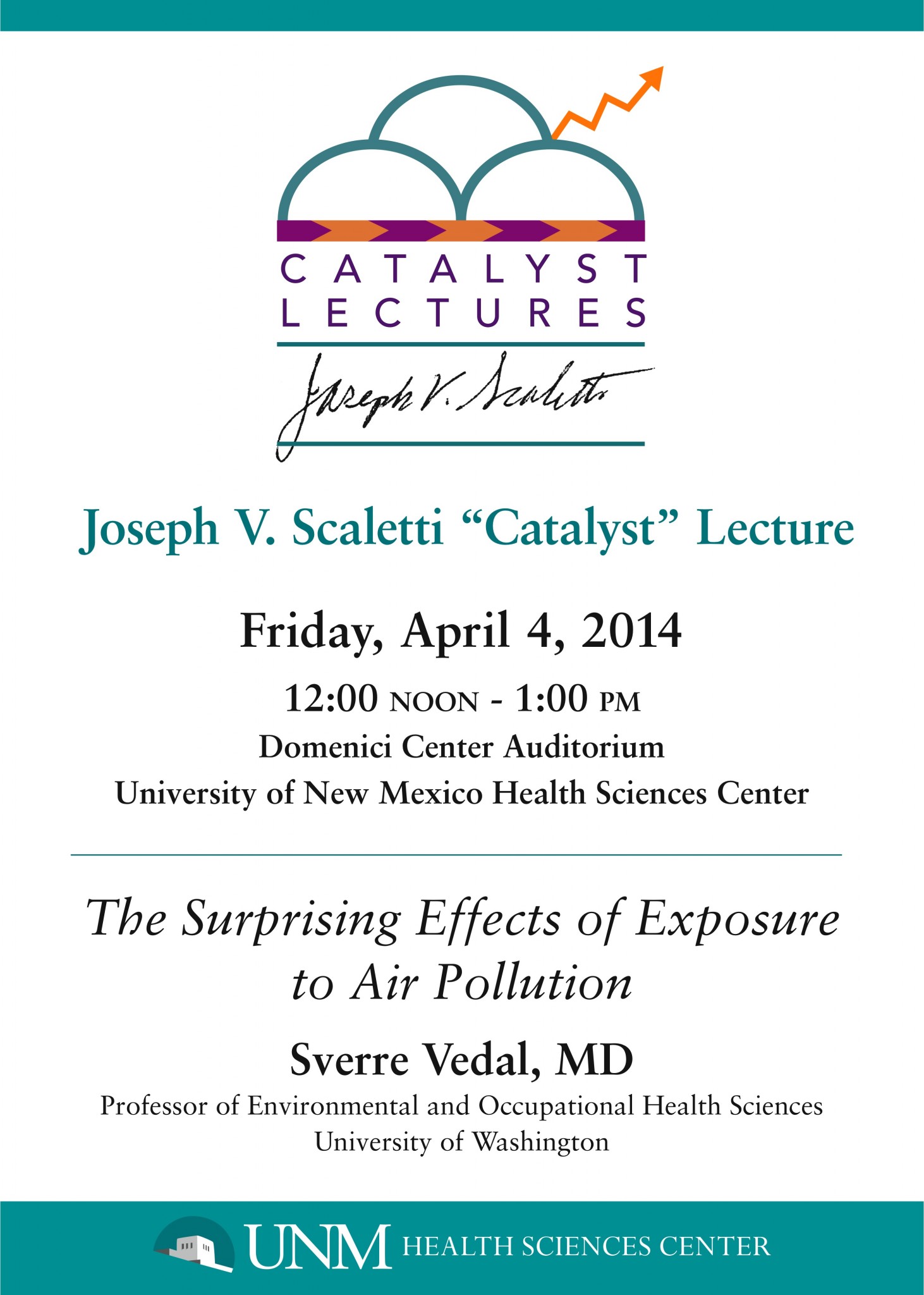 Dr. Vedal has published research linking air pollution to hardening of the arteries, directs the Center for Clean Air Research, served as a member of the EPA Clean Air Scientific Advisory Committee (CASAC), currently serves as a member of CASAC panels for particulate matter and ozone and the NIH Infectious, Reproductive, Asthma and Pulmonary Conditions (IRAP) Study Section, and sees patients in the Occupational and Environmental Medicine Clinic at Harborview Medical Center.
Dr. Vedal has published research linking air pollution to hardening of the arteries, directs the Center for Clean Air Research, served as a member of the EPA Clean Air Scientific Advisory Committee (CASAC), currently serves as a member of CASAC panels for particulate matter and ozone and the NIH Infectious, Reproductive, Asthma and Pulmonary Conditions (IRAP) Study Section, and sees patients in the Occupational and Environmental Medicine Clinic at Harborview Medical Center. Friday, April 4, 2014
12:00 pm – 1:00 pm
Domenici Center Auditorium
University of New Mexico Health Sciences Center
Â
Friday, April 4, 2014
12:00 pm – 1:00 pm
Domenici Center Auditorium
University of New Mexico Health Sciences Center
Â
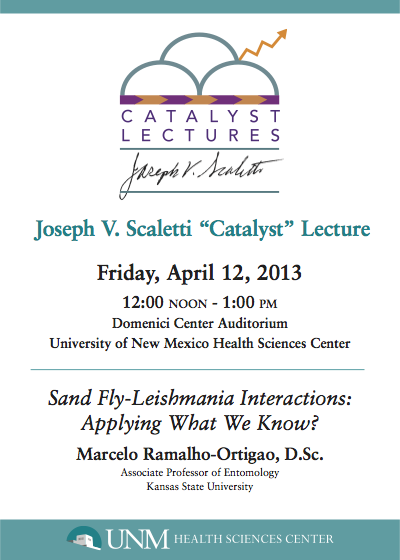

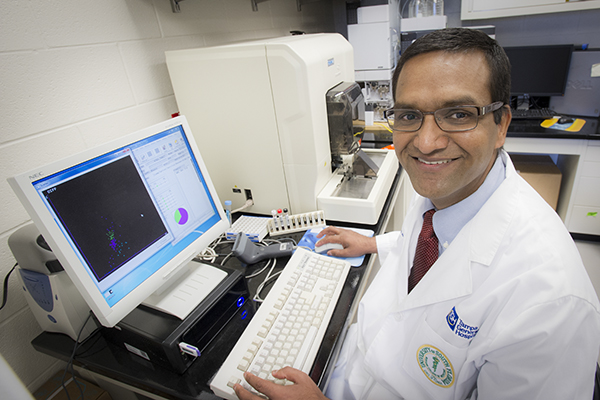
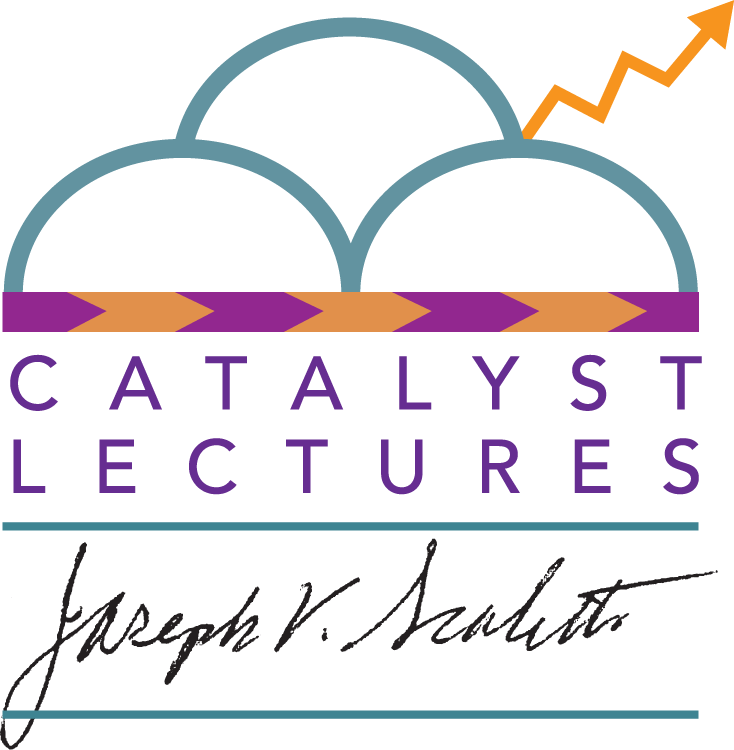
 The Pharmacogenetics of Asthma
The Pharmacogenetics of Asthma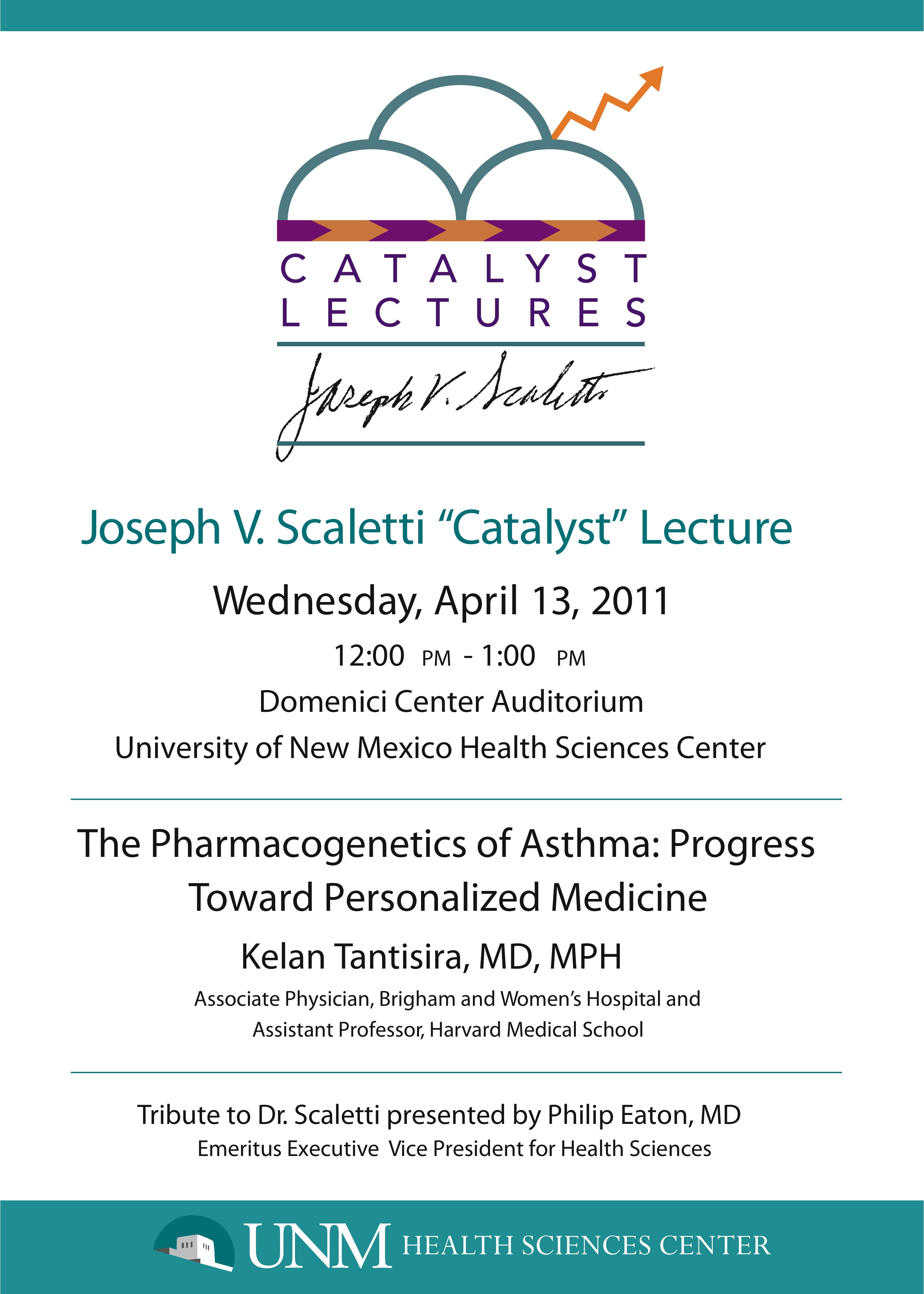
 Each year, the Joseph V. Scaletti Catalyst Lecture features an individual, institution, or idea responsible for accelerating the rate of positive change and forward progress in the areas of biomedical research, healthcare education, or healthcare delivery.
Each year, the Joseph V. Scaletti Catalyst Lecture features an individual, institution, or idea responsible for accelerating the rate of positive change and forward progress in the areas of biomedical research, healthcare education, or healthcare delivery.